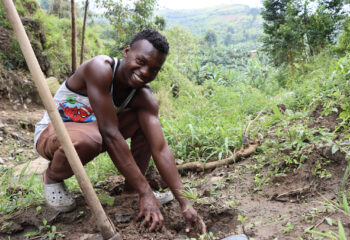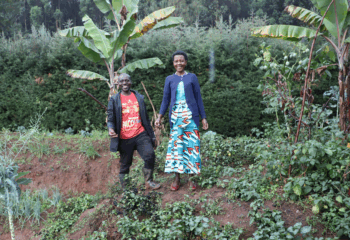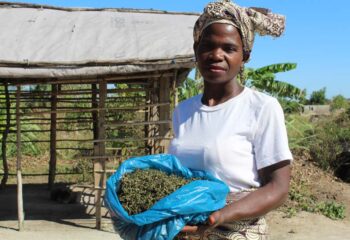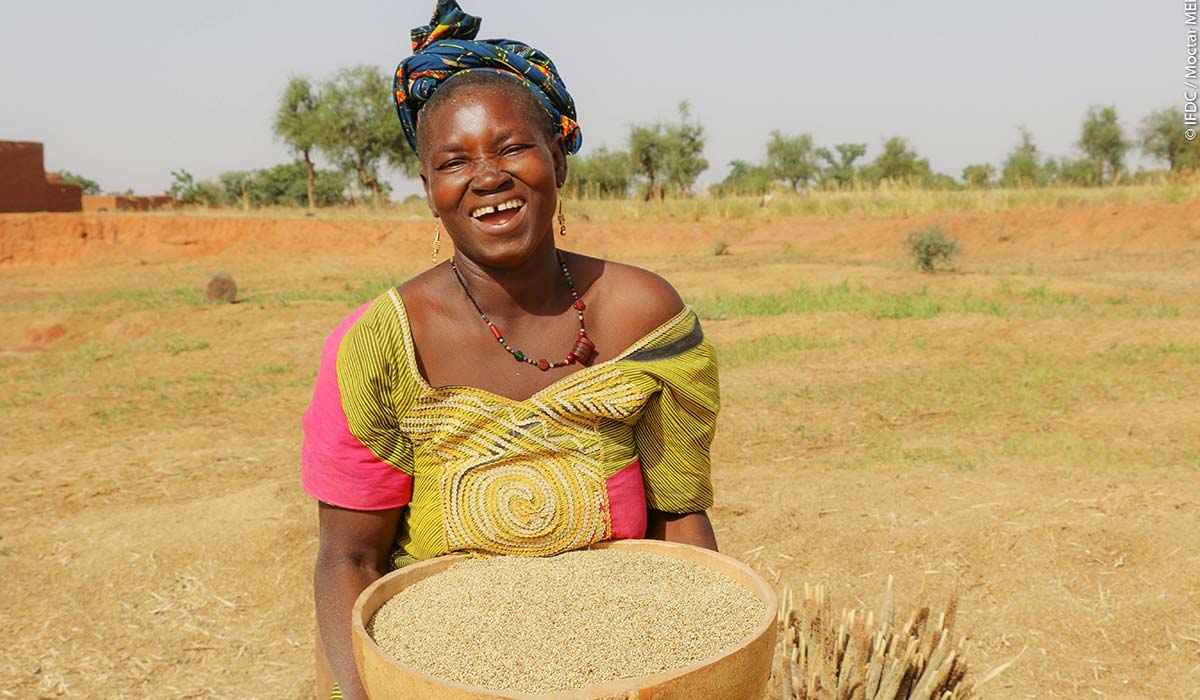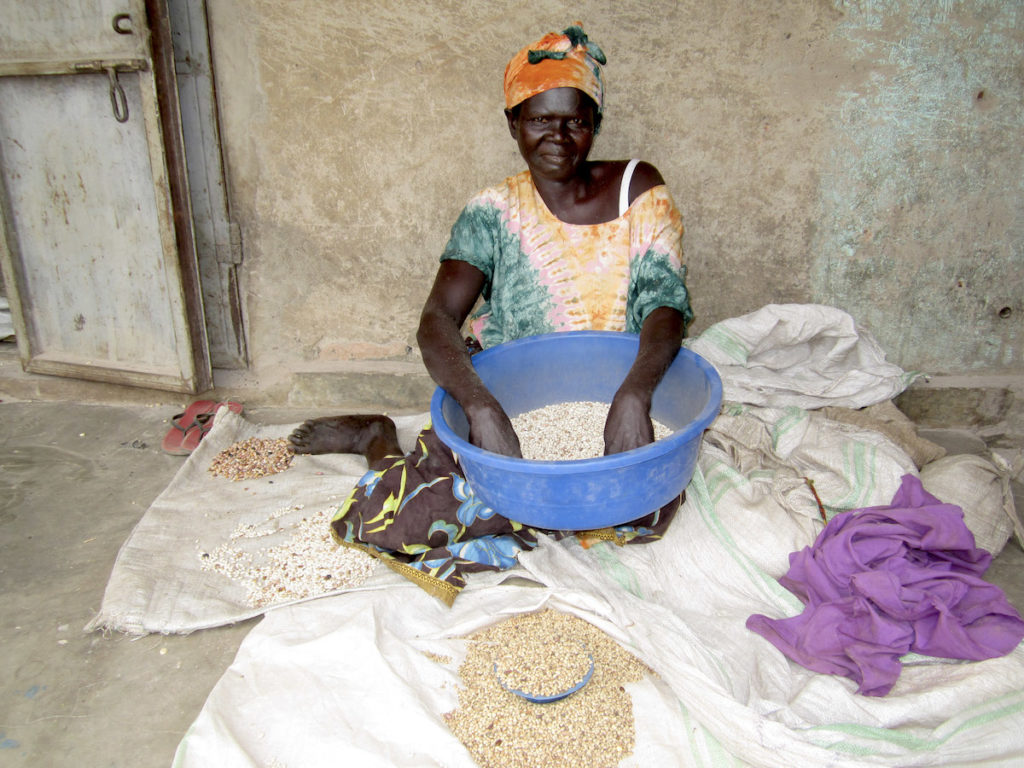
A thriving agriculture sector is critical to South Sudan’s long-term peace and development. Almost 95% of the country’s population relies on farming, fishing, or herding to meet their food and income needs. In South Sudan, hunger is both a cause and consequence of continued conflict and displacement, which reduce agricultural productivity and harvests. Flooding in the northern states has compounded the situation, with water covering most of the productive lands. This situation has resulted in an inadequate food supply, correlating with the unprecedented increase in malnutrition among children, the elderly, and mothers.
“When farmers produce high-quality seeds, they increase their production volume, and communities become food-secure.”
The African Development Bank estimates that agriculture, forestry, and fisheries accounted for 36% of the non-oil gross domestic product in South Sudan in 2019. Investing in agricultural development is a sure way to provide jobs for millions of South Sudanese men and women, 90% of whom live in rural areas. However, the sector suffers from limited public financing; limited access to quality agricultural inputs such as seeds, plant nutrients, and pesticides; and limited infrastructure that inhibits smallholder farmers from accessing markets for both selling their produce and purchasing agro-inputs.
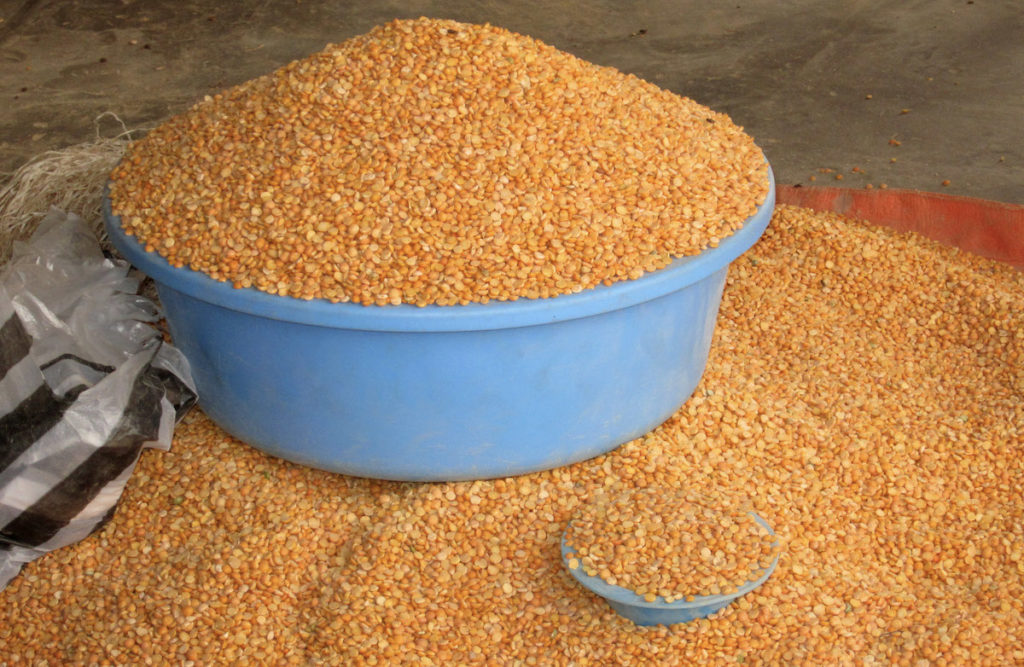
The seed sector directly influences three dimensions of food security and nutrition: food availability, access, and stability. The seed sector contributes to food security and nutrition through productivity growth, improved resilience, and enhanced quality, allowing greater availability of nutritious food at lower prices.
In alignment with this, the IFDC believes creating sustainable access to high-quality planting materials and knowledge of good agricultural practices is crucial to improving food security. In this regard, we are implementing the Accelerating Agriculture and Agribusiness in South Sudan for Enhanced Economic Development (A3-SEED) project. A3-SEED is investing in a commercially sustainable, adaptive seed sector in South Sudan that will provide access to reliable seeds for smallholder farmers.
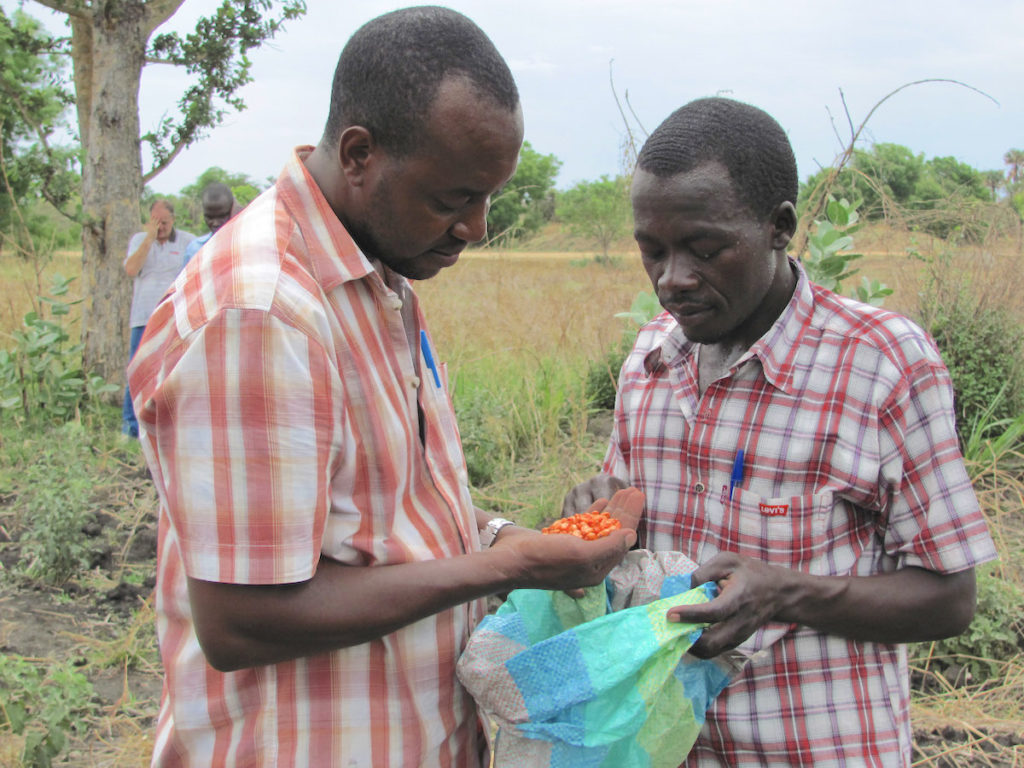
To promote the transition from the use of low-yielding recycled seeds to quality seeds of local improved varieties, A3-SEED is working with state government administrations to guarantee that small-scale farmers can obtain quality seeds and are able to conserve, use, trade, and sell seeds, thereby creating local employment for women and youth.
A3-SEED stimulates private sector investment in the seed sector by encouraging private companies to work with communities, groups, and individual farmers to participate in seed production and marketing while engaging in customized private extension services and distribution.
As a result of this investment, in just one season the production of quality seeds has more than doubled, from the annual average of less than 2,000 metric tons (mt) to more than 4,500 mt, in crops such as maize, sorghum, cowpea, beans, sesame, peanut, and rice in Bor, Rumbek, Yambio, Torit, Magwi, and in and around Juba.
“I didn’t know quality seeds existed, but now I have learned where I can get the good ones!”
Ruwati, a farmer from Yambio
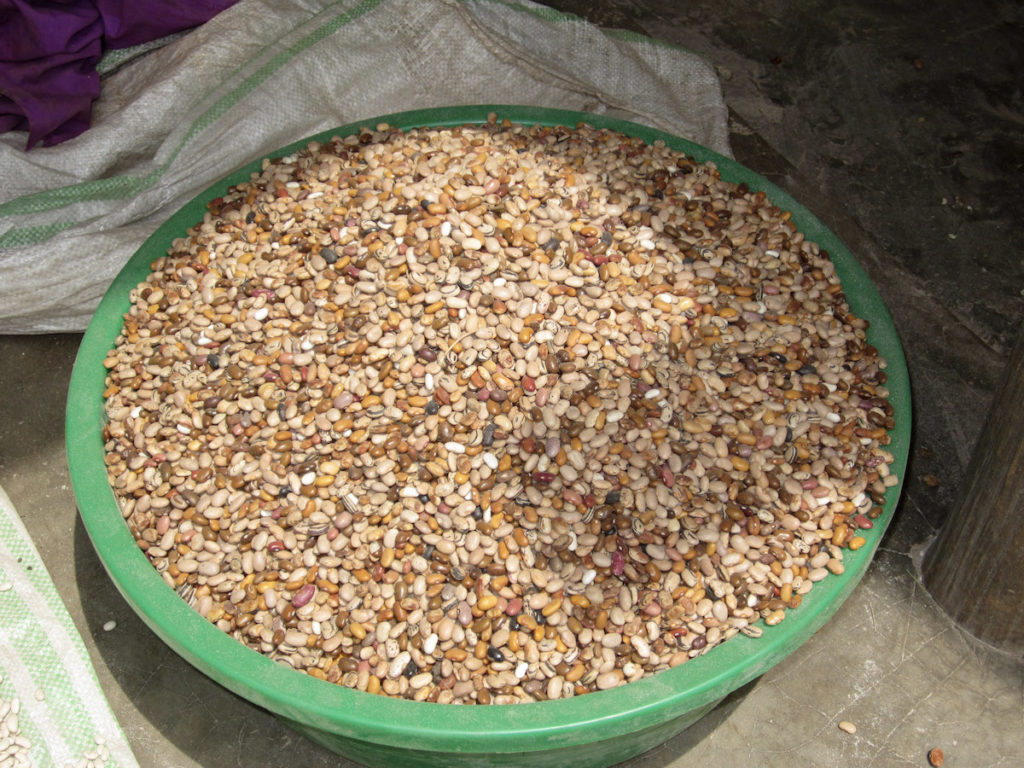
By strengthening the capacity of the Seed Trade Association of South Sudan (STASS), A3-SEED is improving seed companies’ collective ability to create a stronger connection with farmers by forming a network of agro-dealers and agents that brings quality seeds closer to the farmer. Local production and marketing by seed companies also contributes to increased domestic (locally produced) seed procurement by humanitarian and relief organizations and the government.
“I had been recycling the same seeds for six years. I didn’t know quality seeds existed, and I had no idea where seeds are sold or where to get them from. But now, through this training by A3-SEED, I have learned where I can get seeds, including the good ones,” said Ruwati, a farmer from Yambio.
Locally produced planting materials have superior characteristics. They are well-adapted to the agroecological zone and are resistant to the various climatic conditions. Quality seeds boost farmer productivity and incomes and contribute to effective food security programming in a country that focuses on local food production and grain bulking.
Justin Miteng, IFDC Country Director and A3-SEED Lead, explained: “We want to make sure that by the end of the project about 100,000 farmers can access high-quality seeds and double their production. The immediate impact is that quality seeds will be produced locally. When farmers produce high-quality seeds, they increase their production volume, and communities become food-secure.”
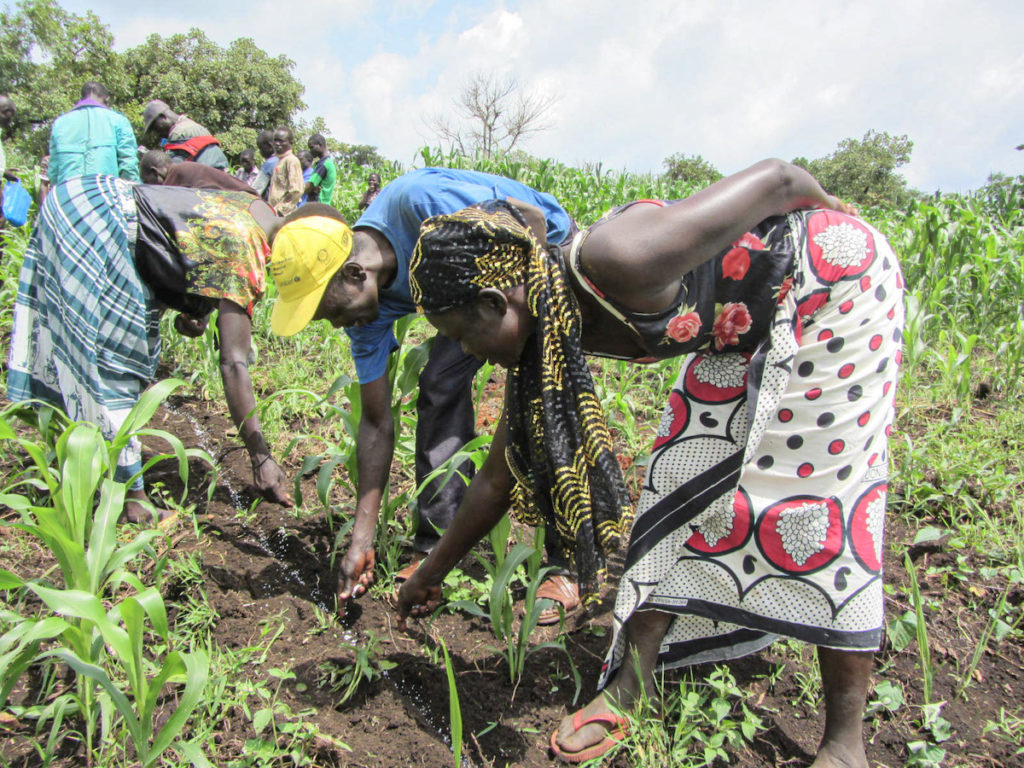
Thus, A3-SEED has focused on dealing with several challenges:
- Limited access to early generation seed (EGS). A3-SEED is investing in EGS production. Some seed companies in areas such as Rumbek and Bor are now being supported to use local varieties of crops that are suitable for the climatic context and community preferences.
- Lack of inspection and quality control services. The project is working with the government to develop inspection services and other quality control measures.
- Unwillingness of financial institutions to invest in seed companies. A3-SEED is working to identify opportunities for seed companies to obtain financing through flexible loans and co-investment in order to establish processing and packaging lines.
- Seed post-harvest losses. The project is improving harvest practices and post-harvest handling by facilitating community investment in improved drying facilities, encouraging construction of locally appropriate storage facilities, and boosting access to better packaging materials.
IFDC, through the state and national government, is also advocating for the improvement of rural access roads that connect farming communities and consumers.
The Honorable Alison Barnaba, Minister of Agriculture, Forestry, and Environment of Western Equatoria State, noted, “If the road is tarmacked up to here [Yambio], Juba will not have a problem being fed because we have a variety of agricultural produce here.”

A3-SEED (2021-2025) is funded by the Embassy of the Kingdom of the Netherlands in South Sudan and implemented through a partnership between IFDC and KIT Royal Tropical Institute.

